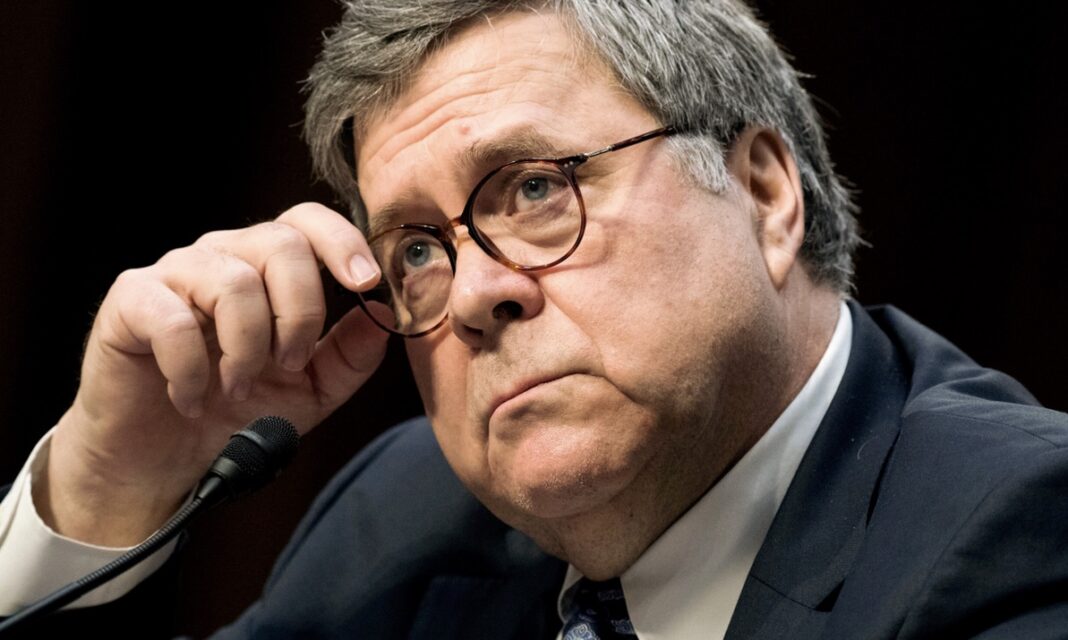WASHINGTON— On Tuesday, September 1, Attorney General William Barr imposed rules tightening the use of governmental surveillance on political candidates and their staffers.
In his memos, Barr explained that the FBI is required to consider briefing an official, candidate or adviser that they might be compromised by foreign governments before applying for a surveillance warrant. If the FBI does not give such a warning, they must explain how less intrusive tactics have failed.
This decision comes after former FBI lawyer Kevin Clinesmith pleaded guilty to falsifying an email used to support surveilling President Trump’s former campaign aide Carter Page.
“The American people must have confidence that the United States Government will exercise its surveillance authorities in a manner that protects the civil liberties of Americans, avoids interference in the political process, and complies with the Constitution and laws of the United States. What happened to the Trump presidential campaign and his subsequent Administration after the President was duly elected by the American people must never happen again,” said Barr in a statement announcing the memos.
The FBI will also establish a new office that will examine the bureau’s surveillance activities.
“A separate office devoted to internal auditing and headed by a senior FBI official will ensure that rigorous and robust auditing, which is an essential ingredient to an effective compliance regime, is carried out,” Barr wrote in the memo.






